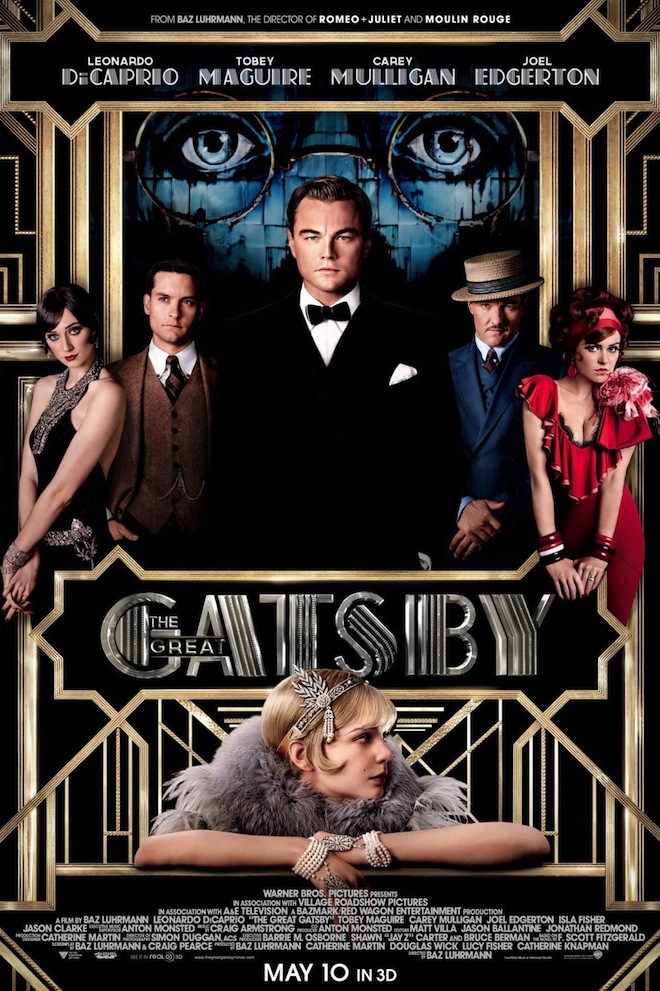Mads Mikkelsen plays an ordinary bloke under extraordinary pressure in The Hunt, Jesper Christensen is an extraordinary bloke trying to change the course of history in The Last Sentence and in The…
Read More

For all the digital glitter and anachronistic hip-hoppery that signifies our latest re-entry into Luhrman-land, The Great Gatsby itself takes fundamental inspiration from a black and white classic from 1941.…
Read More
Economically speaking, theatres are a complete waste of space. I mean, take a look at the St James or the Embassy and try and imagine how many cubicles and desks…
Read More
